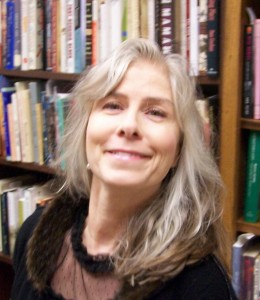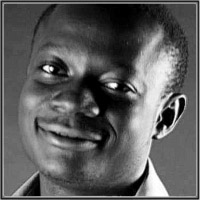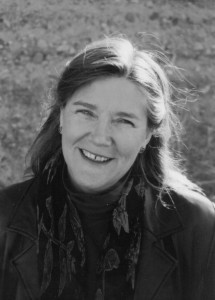To become a writer, I first had to become an accountant. It was a decision, albeit an unconscious one, to conform to others’ expectations. After all, financial success through writing is rare.
Literal years later I realized if I’d succeeded in something I despised, Accounting, I could succeed in something I loved, Writing. However, this required I change my definition of success to exclude the financial component, and instead, focus on achievement. As an accountant then, I’d achieved success by obtaining the status of Certified Public Accountant. Thus, defying well-meaning advice, I promptly terminated my license and embarked on my writing apprenticeship.
It’s been 11 years. I’ve earned an MFA in Fiction and transitioned to Teaching. I’ve published four short stories, continued to circulate and revise others, and completed a novel (in final revision). But have I met my benchmark of success? During my apprenticeship, a wise professor advised, “It’s a long journey.” I wish I could say I’ve never looked back, never thought “what if,” but I have. Life consists of so many desires and distractions—decisions, really. How can one not question his/her course when its end is shrouded in uncertainty?
My desires are simple, if not idealistic: love of boyfriend/husband, family and friends, enough money to meet my needs (food, shelter, emergencies, and the unforeseen, for example, an attack of termites on my house), time to hike, and most importantly, time to pursue my passion, Writing.
Of course, my distractions are not simple, but complicated. In random order, they are my boyfriend, my aging mom (family), my income-producing jobs (yes, plural), and hiking, the great & beckoning outdoors.
 I imagine other writers are and have been in similar circumstances when desires conflict with duties and passions. At various authors’ readings through the years, I’ve listened to solutions, the squeezing in of writing when it seems no time for such activity exists. I have learned, as writers must, from those who have preceded me, yet I struggle to achieve the balance it appears they have instituted.
I imagine other writers are and have been in similar circumstances when desires conflict with duties and passions. At various authors’ readings through the years, I’ve listened to solutions, the squeezing in of writing when it seems no time for such activity exists. I have learned, as writers must, from those who have preceded me, yet I struggle to achieve the balance it appears they have instituted.
I struggle weighing one distraction over another. All seem of equal significance. The boyfriend may not yet completely understand my need to write as a “must,” but nonetheless, he’s a treasure and time with him is as good as it gets. Mom has doctor appointments and errands, and while she is still independent, stubbornly so at times, she needs my assistance, my ability to drive, and truly, these are moments I will one day reflect upon as dear, time well-spent. The income-producing jobs pay recurring expenses that have been pared down to essential; they cannot be reduced further. One can only sacrifice access to cable once, and there are limits to turning the heat too low or the A/C too high. Oh, and did I mention the dog, Lucy? She, too, needs food and a roof over her head.
Then, there is hiking. Hiking is a “hatch” I can slip through in any moment of any day to escape that which needs escaping. Within the 60-mile radius of Phoenix, I can choose one of many city and county desert preserves and lose myself in the vast embrace of nature. I can look at the horizon, breathe deeply, and remember who I am, where I’ve been, what I have, and where I’m going. When I’m not writing, it’s nature that allows me to touch that which embodies writing, the soul.
It’s easy to compare one’s self to writers who have more time and/or resources. This, however, is unfair to those writers who similarly have desires and distractions unbeknownst to me. It is unfair to me because it belittles my ability to act for the benefit of myself. Life, when expanded beyond the individual’s perception of self, is a compilation of struggles to overcome obstacles to achieve desires. It’s a game of give and take, a mixture of joy and sorrow that equate to happiness. It is not an easy or short journey.
My distractions are particular, but common in the experience of life. If my eyes are closed to my role in determining my success or failure, then it is likely I will be pulled hither and thither amongst distractions that appeal to my need to satisfy. That is my obstacle.
I have often stated, “At the root of every problem, is a decision to be made.” To solve any problem, the first thing one must do is decide to do something. Once that first decision is made, others follow in due course. I decided after many years to pursue my passion, writing. This decision led to others, a change in career, in income, in resources. I determine what I sacrifice for my art. This freedom to decide remains in my hands alone. I am a writer—thus I must take action to pursue that reality.
My wise professor told his students, “Stay in the chair,” meaning, when the story gets dicey, stay with it, see where it goes. Preceding this gem, I add, “Sit in the chair.” The first decision I can make every day is to sit in my chair. Once there, it is second nature to place fingers to laptop keyboard and type. Then, I am not only a writer, I am writing.
Do your decisions support your writing or your distractions?








